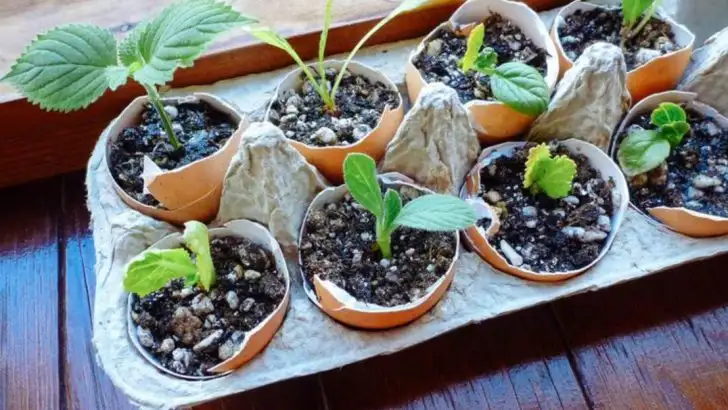Every gardener—beginner or expert—loves a smart trick that makes gardening easier, more productive, and even more fun. Whether you’re looking to boost plant growth, prevent pests, or improve soil health, the right hacks can save you time and effort while helping your garden thrive.
In this article, we reveal 15 secret gardening hacks every plant lover needs to know. From using kitchen scraps as fertilizer and DIY pest repellents to watering tricks that keep plants happy, these genius tips will take your gardening game to the next level. Get ready to grow healthier plants with less work and more success!
Eggshell Seed Starters
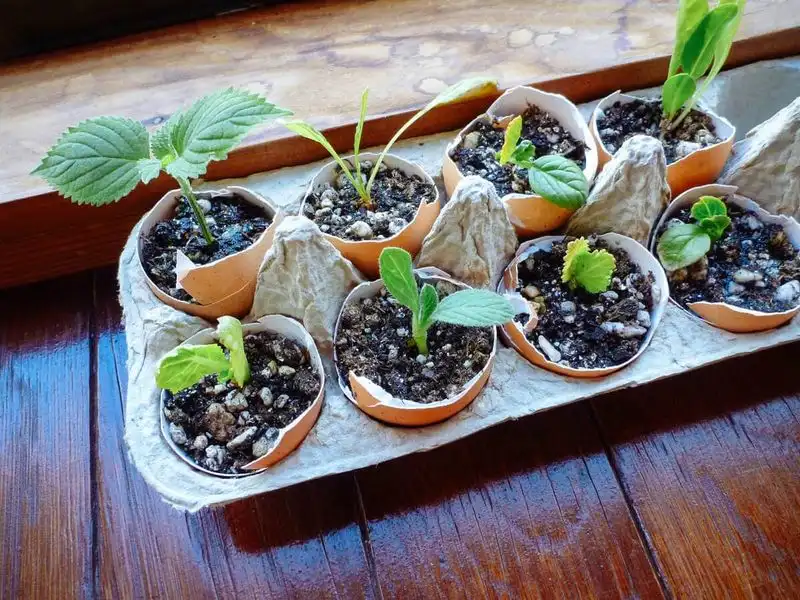
Repurpose eggshells as seed starters for an eco-friendly gardening hack. Gently crack the eggshells and fill them with soil to create a nutrient-rich environment for seedlings. As the plants grow, transplant the entire eggshell into the garden. The calcium from the eggshells will enrich the soil, promoting healthier plant growth. This method is cost-effective and reduces waste, while also providing essential nutrients. It’s a simple way to recycle kitchen waste while benefiting your plants. Ideal for herbs and small flowers, this technique supports sustainable gardening practices.
Coffee Grounds Fertilizer
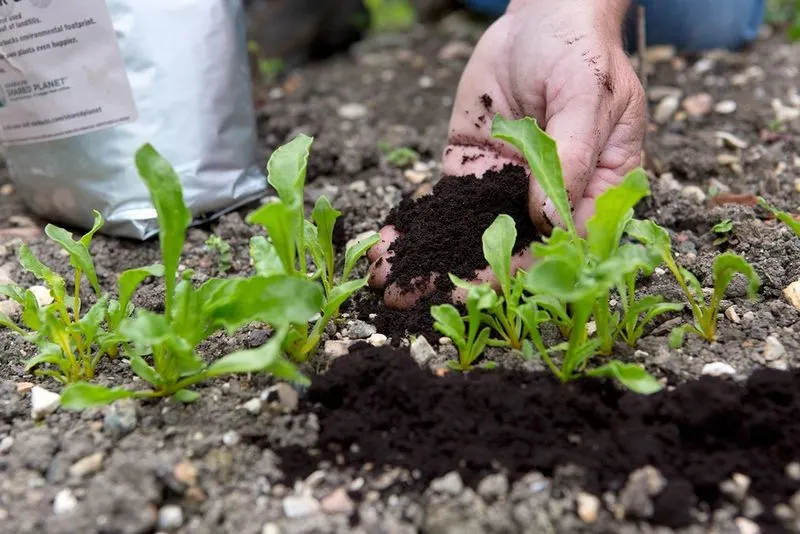
Coffee grounds can serve as an excellent fertilizer due to their high nitrogen content. Sprinkle used coffee grounds around your plants to improve soil texture and add valuable nutrients. They also help repel pests like slugs and snails, making your garden a safe haven for plants. The acidity of coffee grounds makes them perfect for acid-loving plants such as azaleas and roses. By incorporating coffee grounds into your gardening routine, you’re not only recycling kitchen waste but also promoting robust plant health.
Banana Peel Plant Booster
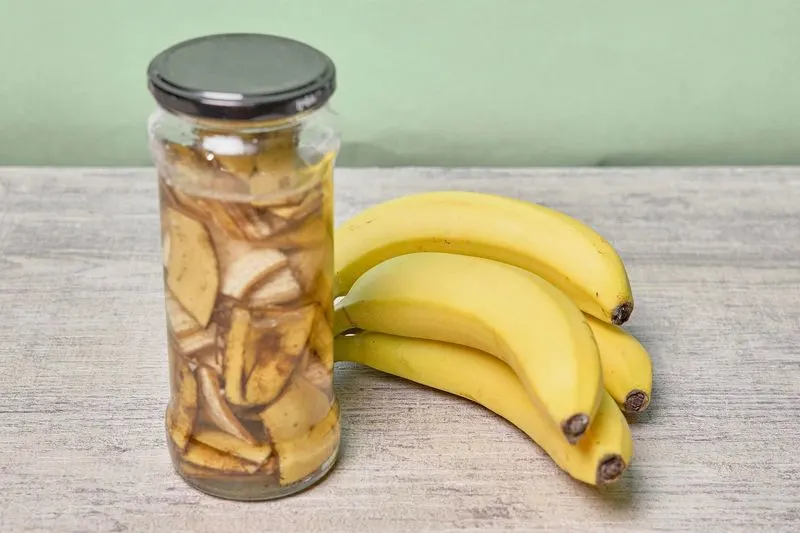
Banana peels offer more than just potassium to your diet; they can significantly boost plant health. Bury banana peels near the base of your plants to provide essential nutrients like potassium, phosphorus, and calcium. These nutrients support root development and overall plant vitality. Over time, the peels decompose, enriching the soil and enhancing nutrient absorption. This method is particularly beneficial for fruiting plants. By reusing banana peels, you’re reducing waste and feeding your garden naturally.
Compost Tea Elixir
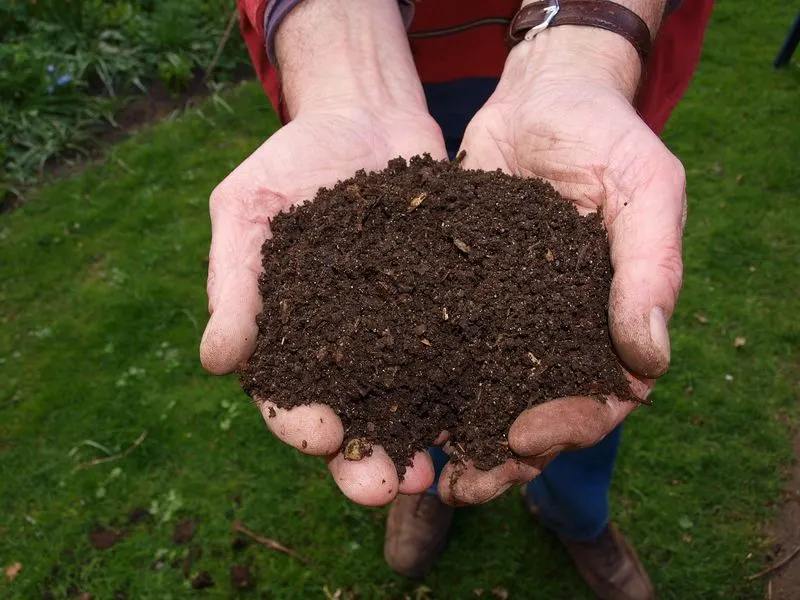
Transform your compost into a potent liquid fertilizer known as compost tea. Steep compost in water for several days, then use the resulting liquid to water your plants. This nutrient-rich solution acts as a growth booster, enhancing plant resilience and vitality. Regular use of compost tea can lead to more vibrant blooms and robust growth. It’s a sustainable way to leverage existing compost materials for plant nourishment. This method is ideal for all garden types, providing an organic alternative to chemical fertilizers.
DIY Self-Watering Planters
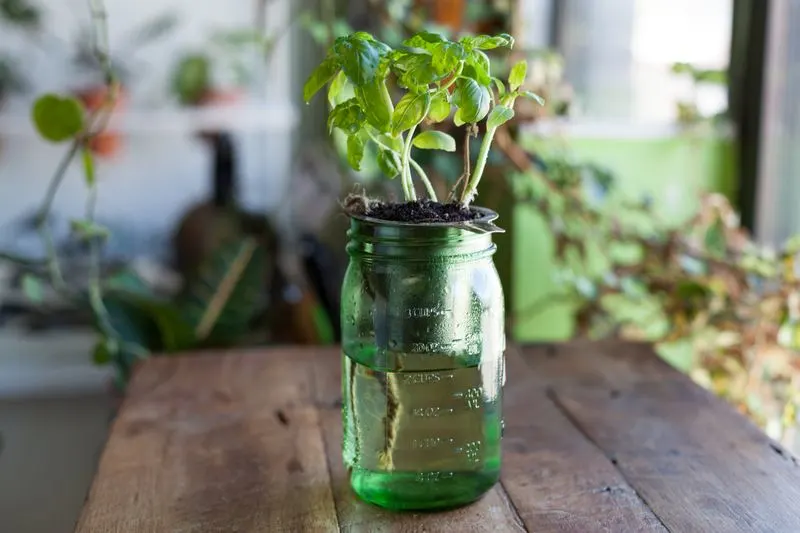
Create self-watering planters using plastic bottles to ensure your plants receive consistent moisture. Cut a bottle in half, use the top as a funnel, and fill the bottom with water. A piece of string or cloth acts as a wick, transferring moisture to the soil as needed. This setup is perfect for busy gardeners or those who travel frequently. It ensures plants remain hydrated, reducing the risk of underwatering. It’s an effective way to reuse plastic and support plant health, particularly for potted plants.
Epsom Salt Soil Enhancer
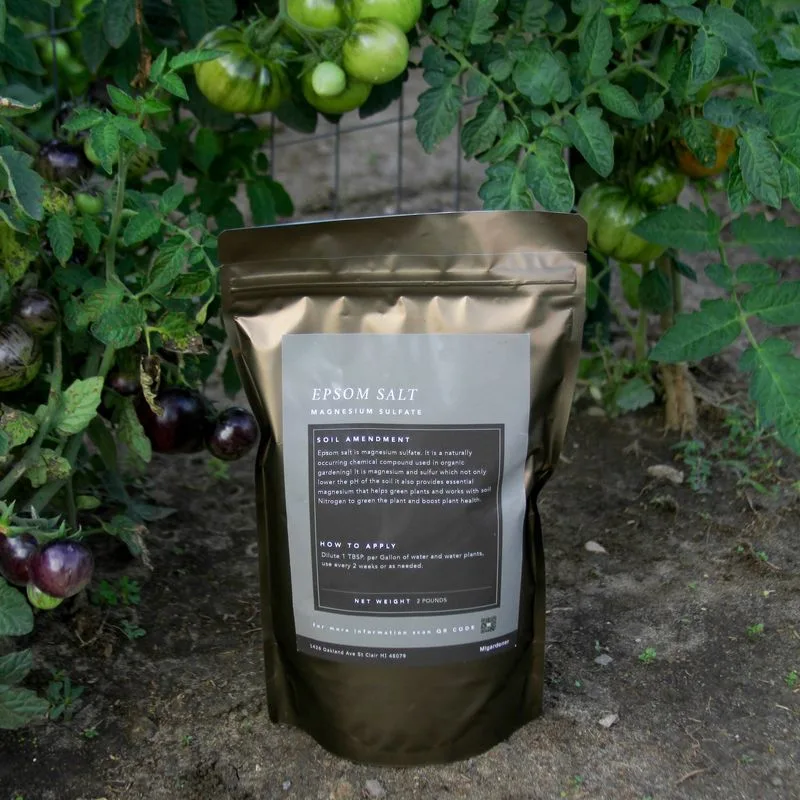
Epsom salt, rich in magnesium and sulfate, can revitalize your garden soil. Sprinkle it around the base of plants to enhance nutrient uptake and encourage lush foliage. It’s especially beneficial for tomato and pepper plants, which thrive with additional magnesium. Using Epsom salt can also help correct magnesium deficiencies, leading to healthier and more productive plants. This simple addition to your gardening routine can make a noticeable difference in plant growth and yield. It’s a cost-effective way to boost garden vitality.
Soap Spray Pest Control
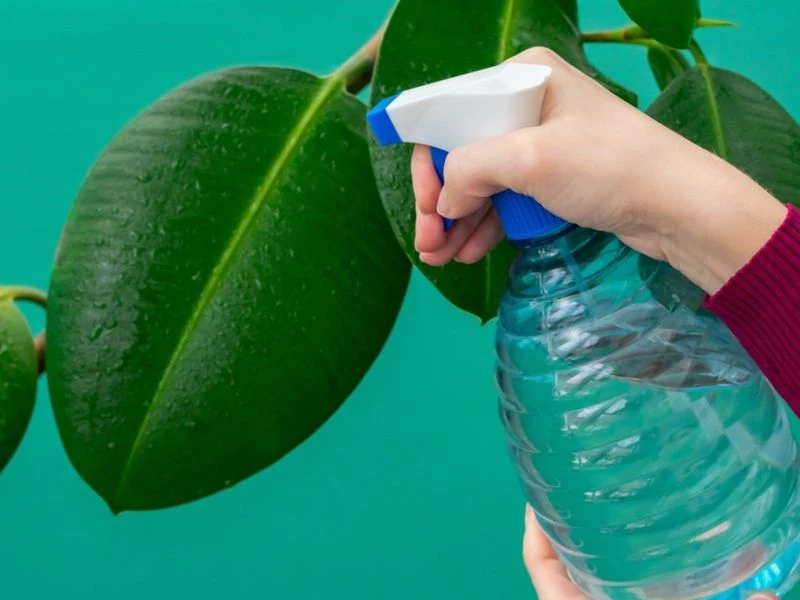
Combat garden pests with a homemade soap spray. Mix mild dish soap with water and apply it to affected plants. This natural pest control method deters aphids, spider mites, and other common garden nuisances without harmful chemicals. It’s an effective way to protect delicate flowers and vegetables while maintaining an eco-friendly garden. The soap solution works by suffocating pests while being gentle on plants. Incorporating this practice into regular maintenance helps keep your garden thriving naturally.
Cinnamon Fungus Fighter
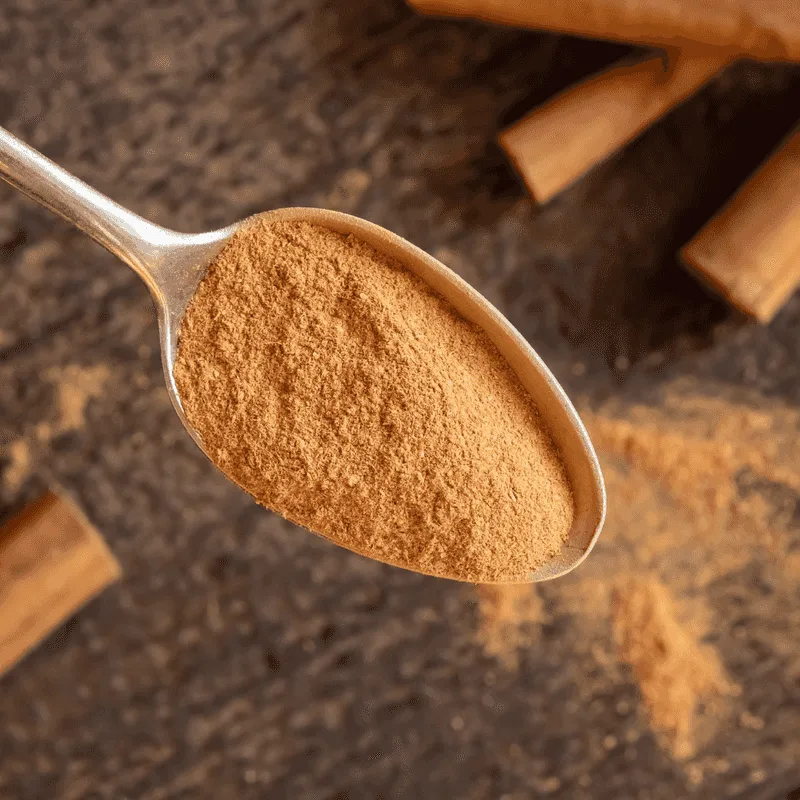
Cinnamon isn’t just for spice racks; it’s a formidable fungicide in the garden. Sprinkle ground cinnamon on soil to prevent and treat fungal infections like damping-off in seedlings. It serves as a natural anti-fungal agent, providing a protective barrier for young plants. This simple hack is both effective and easy to implement, reducing the need for chemical fungicides. By using cinnamon, gardeners can maintain plant health naturally, ensuring seedlings have the best start possible. It’s a cost-effective and accessible solution for fungal issues.
Hydrogen Peroxide Soil Aerator
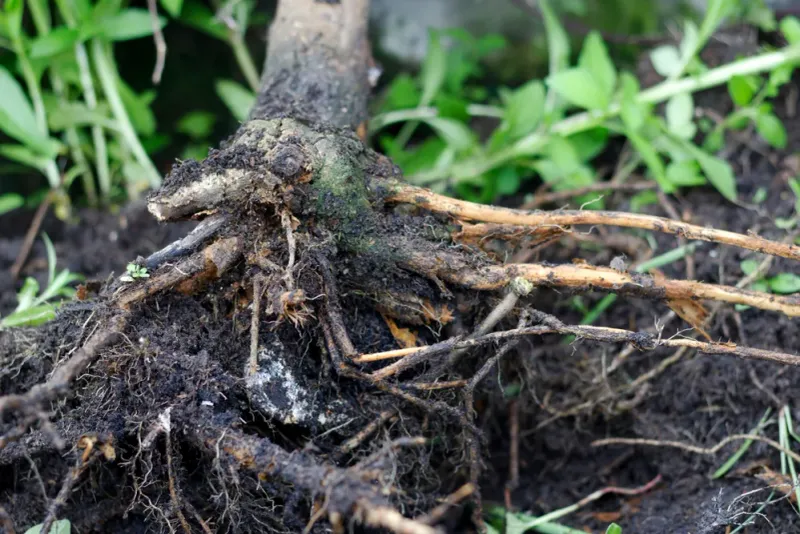
Aerate your soil with hydrogen peroxide to promote root health and prevent rot. Mix a small amount with water and apply it to soil. The extra oxygen in hydrogen peroxide helps break down compacted soil, improving aeration and root growth. This method is particularly effective for houseplants and container gardens. It helps ensure that roots receive adequate air, water, and nutrients. Using hydrogen peroxide is a straightforward way to enhance soil health and support robust plant development.
Vinegar Weed Eliminator
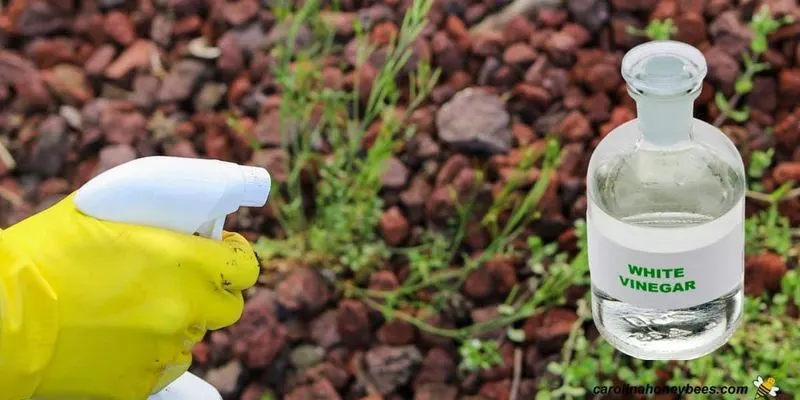
Vinegar serves as a natural weed killer, perfect for keeping garden paths clear. Spray undiluted vinegar on unwanted weeds to dehydrate and kill them. It’s a non-toxic alternative to harsh chemical herbicides, making it safe for use around children and pets. This method is effective for spot treatment in garden beds and walkways. Vinegar’s acetic acid content ensures quick results, making garden maintenance more manageable. It’s a sustainable approach to weed control that aligns with eco-friendly gardening practices.
Milk Powder Plant Protector
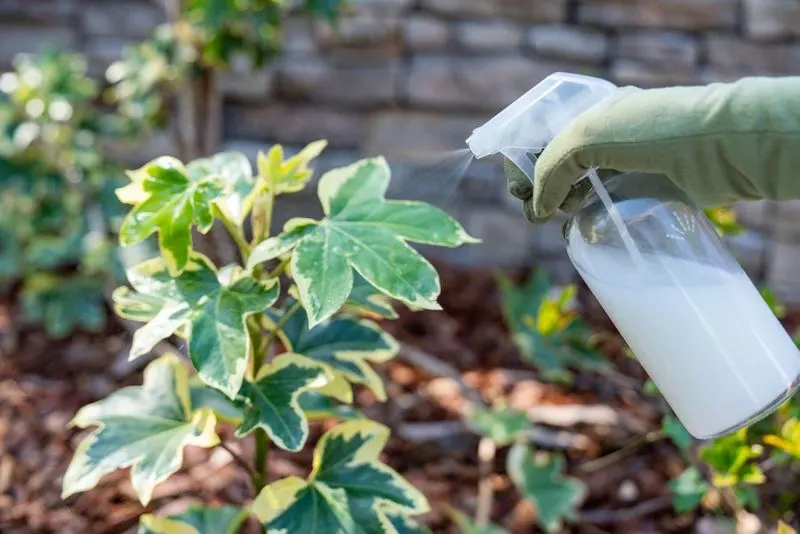
Milk powder can act as a natural fungicide, warding off powdery mildew. Dust your plants with milk powder to create a protective layer. This method is particularly effective on cucumber, squash, and rose plants. The proteins in milk disrupt fungal growth, helping to prevent and control mildew. It’s a straightforward solution that uses household items to protect plant health. Applying milk powder regularly can maintain a garden free of unsightly mildew, supporting vibrant plant growth.
Baking Soda Garden Enhancer
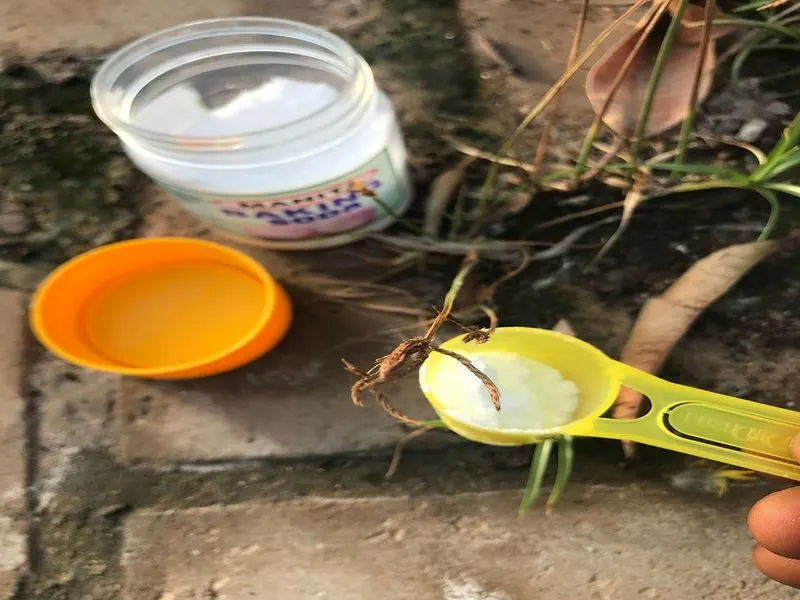
Baking soda offers more than baking benefits; it helps maintain pH levels in your garden. Sprinkle it around vegetable plants to reduce soil acidity, fostering healthier growth. It’s an excellent choice for vegetable gardens and flower beds, ensuring plants thrive in optimal soil conditions. This simple practice can prevent fungal diseases and improve plant vigor. By incorporating baking soda, you can achieve a balanced garden environment that supports diverse plant health.
Aspirin Growth Stimulator
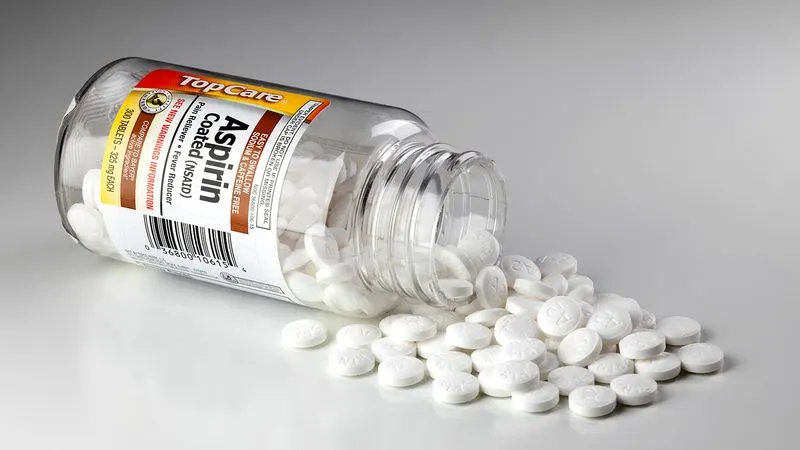
Aspirin isn’t just for headaches; it can stimulate plant growth. Dissolve aspirin tablets in water and use the solution to water your plants. This hack can boost plant immunity and enhance overall growth. The salicylic acid in aspirin helps plants fight off diseases and recover from stress. Regular use can lead to more vigorous plants and increased resilience. It’s a simple and effective way to support plant health using a common household item.
Charcoal Moisture Regulator
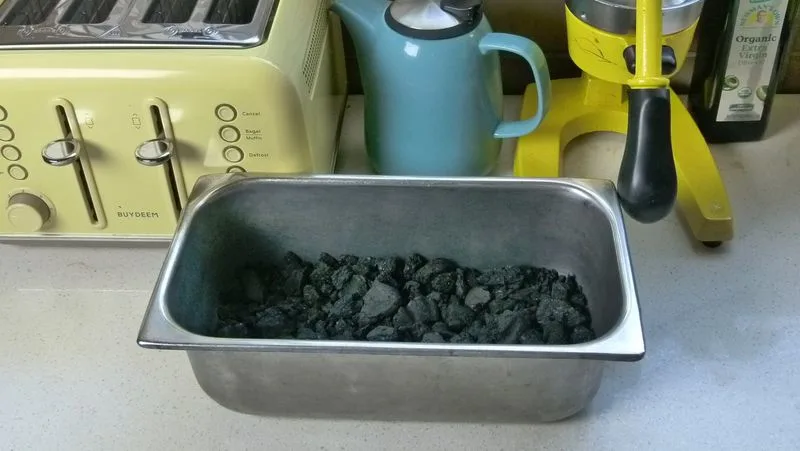
Charcoal isn’t just for grilling; it’s a valuable gardening tool. Mix horticultural charcoal into potting soil to regulate moisture and prevent overwatering. It helps maintain soil structure, supporting healthy root development. This method is particularly useful for indoor plants, reducing the risk of root rot. By incorporating charcoal, you create a balanced environment that promotes plant vitality. It’s an easy way to enhance soil quality and ensure your plants receive the care they need.

